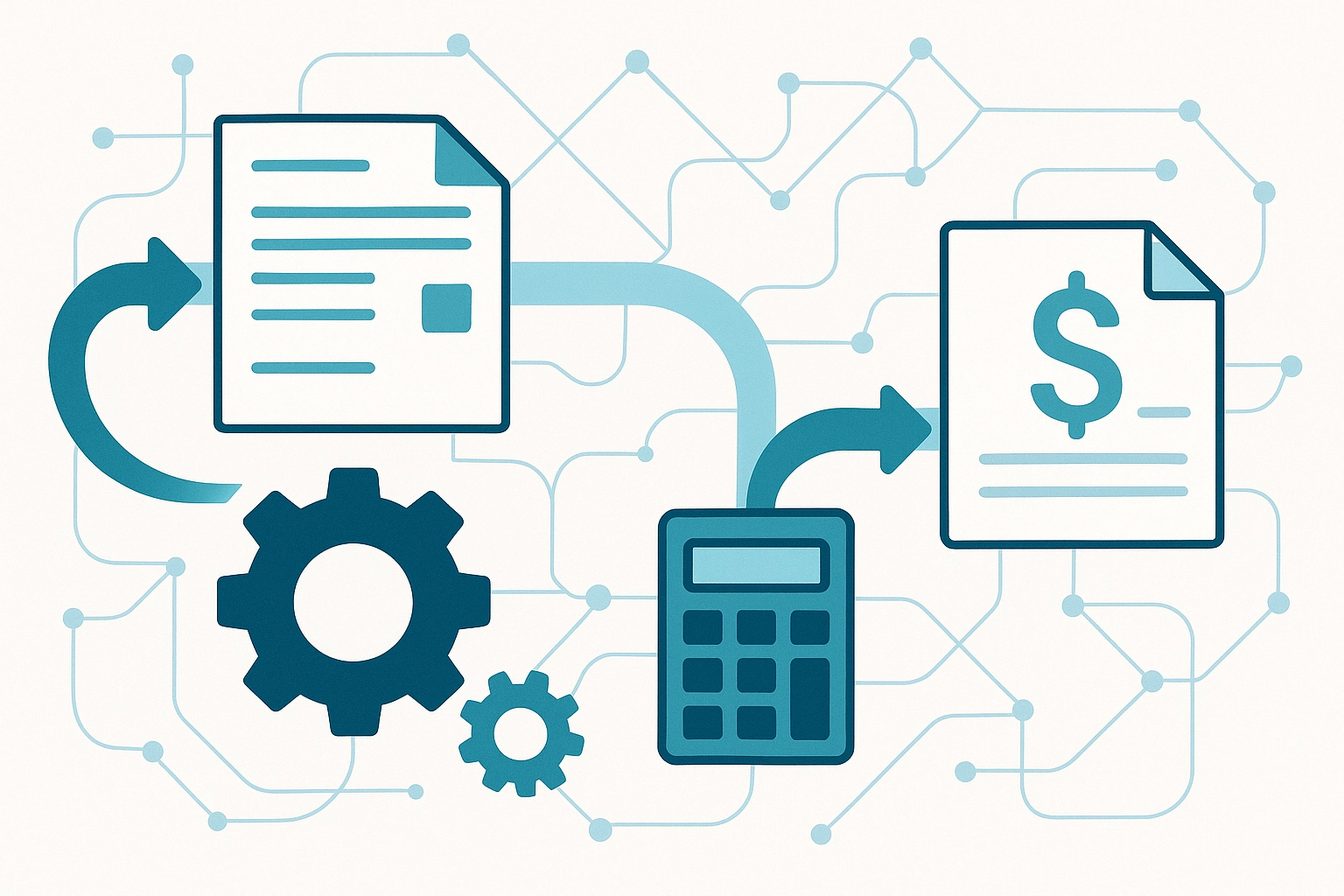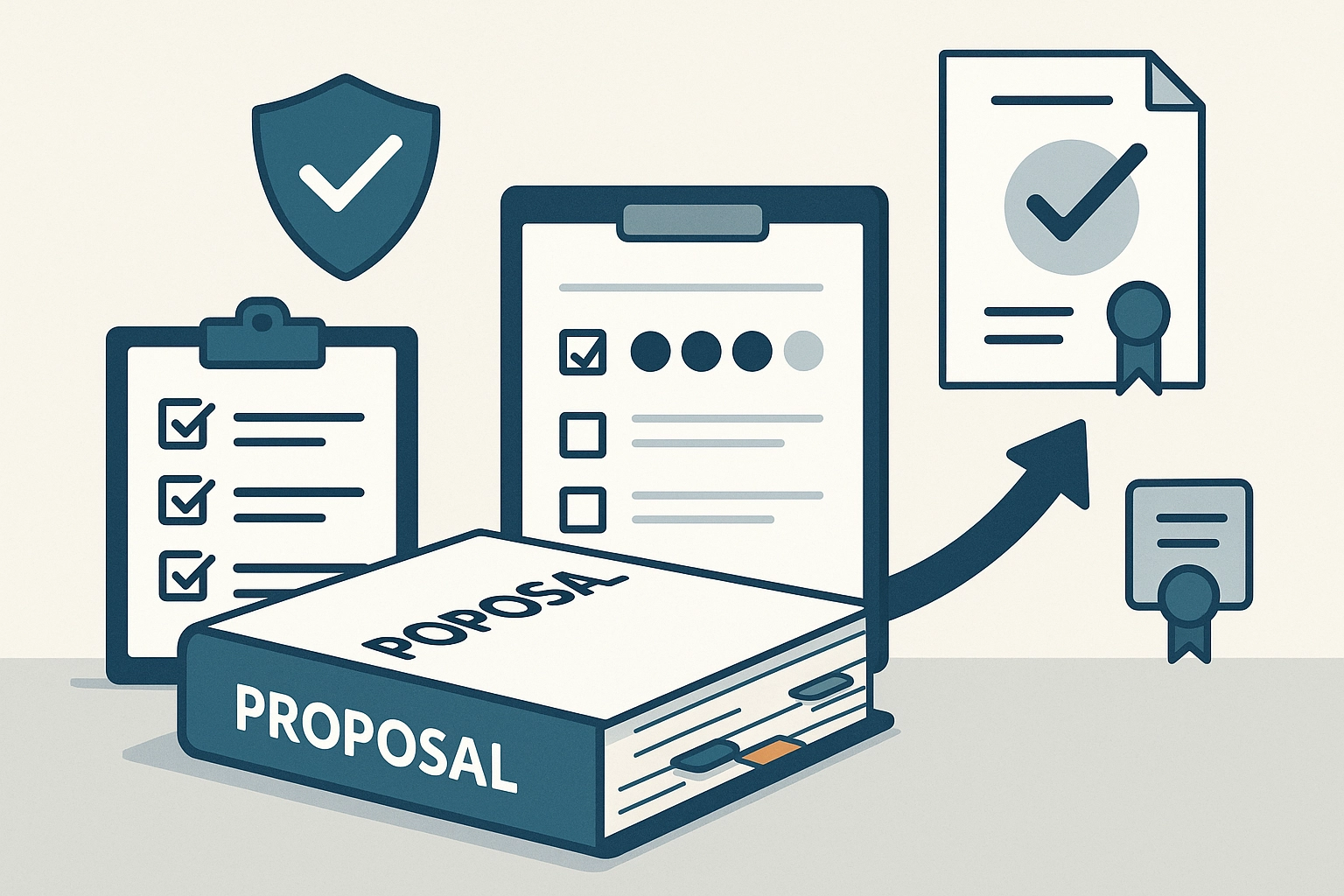Small business owners have many challenges to face when running their businesses and the success of your business hinges on how well you manage it. Running a small business effectively can be difficult. Fortunately, there are several tools and softwares out there that can make the process easier and can help you grow your business. The trick is identifying which ones will work best for you and your company.
This article outlines some of the most useful management softwares and tools for small businesses. Tools and software that are often used include customer relationship management software, project management tools, time tracking tools, payroll management tools, appointment and meeting scheduling software, accounting and finance software, marketing softwares, and more. Different businesses will have different needs, so it is important to try different tools and find the ones that work best for your company.
What are the benefits of small business tools and software?
Small businesses can benefit from using tools and software to manage their operations. There are many benefits to using small business tools and software. Perhaps the most obvious benefit is that they can help you save time and money. For example, if you use accounting software, it can help you keep track of your finances and save money on accounting fees. Other benefits include increased efficiency and productivity, as well as the ability to better manage your business. In addition, using small business software can help you create a professional image for your business, which can in turn help you attract more customers.

What types of software do most small businesses use?
Most small businesses use a variety of business tools to help them run their operations smoothly. These can include things like accounting software to help with bookkeeping and financial management, customer relationship management tool to help track and manage customers and client data, and project management software to help with planning and executing projects.
Small businesses may also use social media platforms and email marketing tools to reach out to potential customers and build relationships with existing ones.
Listing below are some softwares that can greatly help small businesses:
Customer Relationship Management (CRM)
Customer Relationship Management is a tool used by businesses to manage and track their customer relationships. This software can be used to track customer contact information, sales data, and support requests. They can also be used to create and manage marketing campaigns, as well as track customer interactions across multiple channels. There are different types of CRM’s that can fit the needs of small businesses. Depending on your needs, it’s important to choose the right type for your business. The best CRM software for small business should be easy to use, have good customer support, and have enough features to meet your needs. Some of the best CRM tools for small businesses include Salesforce, Zendesk, Hubspot, and Zoho.
Project Management Tools
Project management tools are useful for assigning and keeping track of multiple projects at once and making sure they stay on track and within budget. They can be useful for both small business owners and team members, as well as freelancers who take on multiple projects at once. Other than time tracking, these project management tools can also help you manage tasks, track budgets, generate reports, and collaborate with other team members. These tools come in a wide variety of types, including end-to-end project management tools, workflow management tools, and collaboration tools.
There are many different project management tools available to help you plan, track, and execute your projects. Some popular tools include Jira, Trello, Asana, Basecamp, Teamwork, Trello, and Wrike. Each tool has its own unique features and benefits, so it’s important to choose the right tool for your specific needs. For example, Jira is a great tool for complex projects with multiple tasks and dependencies. Trello is a great tool for simpler projects and for team collaboration. Asana is a great tool for tracking individual tasks and keeping your project organized.
Employee Time Tracking Tools
There are many different employee time tracking tools available on the market. Some of these tools are designed for small businesses, while others are better suited for larger organizations. There is no one-size-fits-all solution when it comes to choosing an employee time tracking tool, but there are a few factors to consider when making your decision.
Cost is always an important consideration, but you also need to think about the features that are important to you and your business. For example, if you have remote employees, freelancers or contractors, you’ll need a tool that can track their time and activity accurately. And if you need to generate reports on employee productivity, you’ll need a tool that can do that as well.
Some of the top time tracking tools include Hubstaff, Harvest, Time Doctor, RescueTime and Toggl. Take some time to research the different employee time tracking tools available, and choose the one that best meets your needs.
Payroll Management Tools
Payroll management tools make it easy for businesses to manage employee payrolls. These tools can automate payroll processes and help businesses keep track of employee hours, compensation, and taxes. Payroll management tools can also help businesses compliance with government regulations.
Some popular payroll management tools are QuickBooks Payroll, Gusto, Onpay, zoho payroll, Patriot, Square Payroll
Appointment and Meeting Scheduling Software
There are many software programs that can help with appointment and meeting scheduling. Some programs are designed for specific businesses, such as medical offices or law firms, while others can be used for any type of business. Appointment and meeting scheduling software can help save time and improve efficiency by keeping track of appointments and meetings, sending reminders, and generating reports.
When choosing meeting scheduling software for your small business, look for something that’s easy to use, integrates with other platforms, and has good mobile apps. Some of the best meeting scheduling software include Google Calendar, Microsoft Booking, Calendly, Setmore and Zoho booking.
Invoicing and accounting Software
Invoicing and accounting software help businesses manage their finances by automating many of the tasks associated with invoicing, bookkeeping, and accounting. This type of software can save businesses time and money by reducing the need for manual data entry and providing accurate financial reports.
Accounting tools can help you organize your data, generate useful reports, and make it easier to stay on top of your finances as your small business grows.
Many invoicing and accounting tools also offer features such as online bill payment, customer relationship management (CRM), and inventory management. When choosing Invoicing and accounting software for your small business, make sure it’s easy to use and offers the features you need. Some of the best invoicing softwares for small businesses include Quickbooks, Freshbooks, Invoice Crowd, and Xero.
Email Marketing Softwares
Regardless of whether you run an ecommerce / online store or a marketing agency, Email marketing softwares are a must for any business. They enable businesses to send mass emails to their customers and prospects. These softwares typically come with a number of features, such as the ability to create and manage mailing lists, create and send newsletters, track email opens and clicks, and more. They can be a great way to reach out to your target audience and keep them updated on your latest news and offerings.
Some of the best Email marketing software for small businesses include Mailchimp, Active Campaign, moosend.
Cloud Storage
Cloud storage is one of those tools that every Entrepreneur, freelancer and business needs. It simplifies file storage, file sharing and remote file access.
These tools can be used to store any type of file, including photos, videos, documents and more. Many of these tools has a free version and offer free storage space. This makes it easy to keep all of your important files in one place and access them remotely from anywhere. Google drive, dropbox, pcloud, one drive, icloud are some of the leaders when it comes to cloud storage.
Search Engine Optimization (SEO) tools
Whether you run an ecommerce / online store or a marketing agency, SEO is a must for any business. Google analytics can help you track your website’s traffic and performance, and identify areas where you can improve your SEO. Search engine optimization tools help you improve your website’s visibility and ranking in search engine results pages (SERPs). These tools can also help you optimize your website content and structure for better search engine visibility.
Good and well rounded SEO tools offer features like keyword research and analysis, link building, on-page optimization tools, website ranking tools etc. They are extremely useful in search engine optimization. There are a lot of free SEO tools available on the internet but they may not be as comprehensive or well rounded as those offered by paid services. Some of the best SEO tools out there are Semrush, Ahref, MOZ, SEO Powersuite.
Summing up
To sum it up, it’s important to choose the right tools and software for business management. Every business needs are different so think about the software that your business needs to help you achieve your goals.
Many softwares offer a free plan or free trial. Sign up to test different softwares and their features and see which one suits your needs the most.



